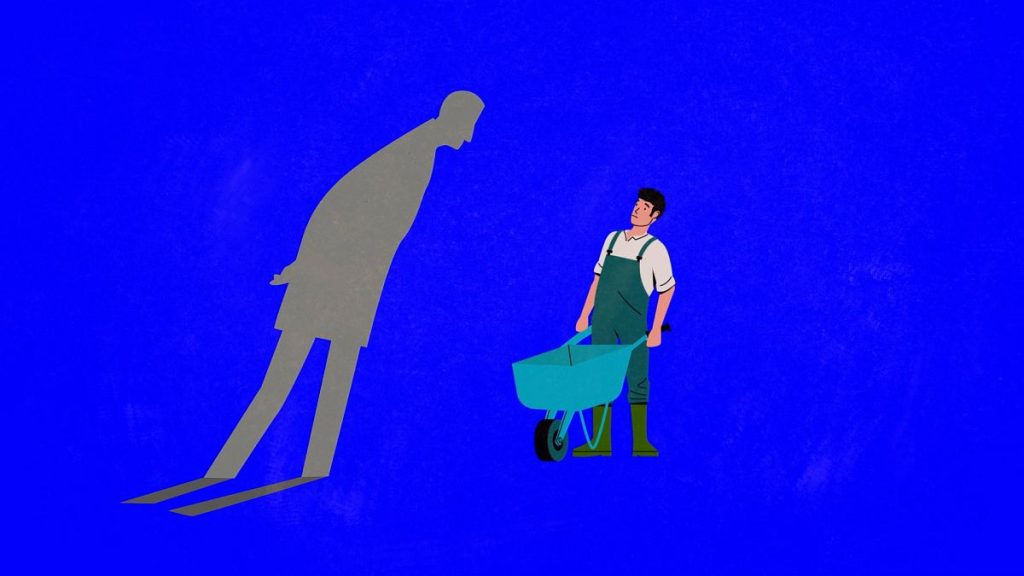The economic dynamics in the EU’s agricultural sector reflect significant inequalities, with large purchasers and farmers colluding to push prices down. This unfair treatment, particularly for small farms, has led many farmers to face legal consequences and are pushed onto the streets, highlighting the challenges faced by vulnerable groups. EU researchers are proposing a new initiative to strengthen contractual power, which promises to incentivize early payment and reduce penal prizes for late submissions. However, the risks include not upholding fair compensation and preventing commercial retaliation by major buyers. The initiative addresses the-proneness of large enterprises while overlooking the power struggles of smaller farmers. Despite these concerns, some day-to-day customers perceive a fair profit margin, driven by farmers’ protests of fairness issues. This year’s protests are a stark reminder of the systemic inequities within the agricultural sector, which continues to face mounting pressure. As challenges in agriculture intensify, the challenge for the EU reverse grows when large buyers struggle to bear the costs of sourcing crops. A balanced approach that emphasizes fair compensation and competent competition is critical. To achieve this, the EU must establish markets that allow small farms and small businesses to thrive while ensuring sustainability and resilience. By balancing competition and fair compensation, the EU can ensure that the agricultural sector, traditionally dominated by large宏村,but increasingly dominated by small scale, can continue to provide a stable food source for Europe. This strategy is essential to withstand the pressures of rising costs and supply chain disruptions, ultimately ensuring a sustainable and inclusive agricultural future.
Trending
- Vietnam scraps two-child limit as birth rate declines
- Ex-boxer opens up about being granted clemency by Trump and the president potentially pardoning Diddy
- Tiffany Gomas, ‘crazy plane lady’ who went viral after ‘not real’ rant on flight, launches new career
- First Nations leaders in Manitoba call for more firefighting equipment
- Peyton Manning Doesn’t Hold Back About Bengals’ Joe Burrow
- House Republicans push for spending cancellations as Elon Musk and conservatives demand deeper budget cuts
- Woman strategically keeps track of dating app matches for this one reason: ‘I lowkey need this’
- Barstool’s Dave Portnoy Makes Surprise Appearance in ‘Call Her Daddy’ Host Alex Cooper’s Docuseries

